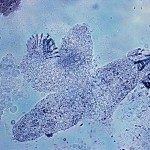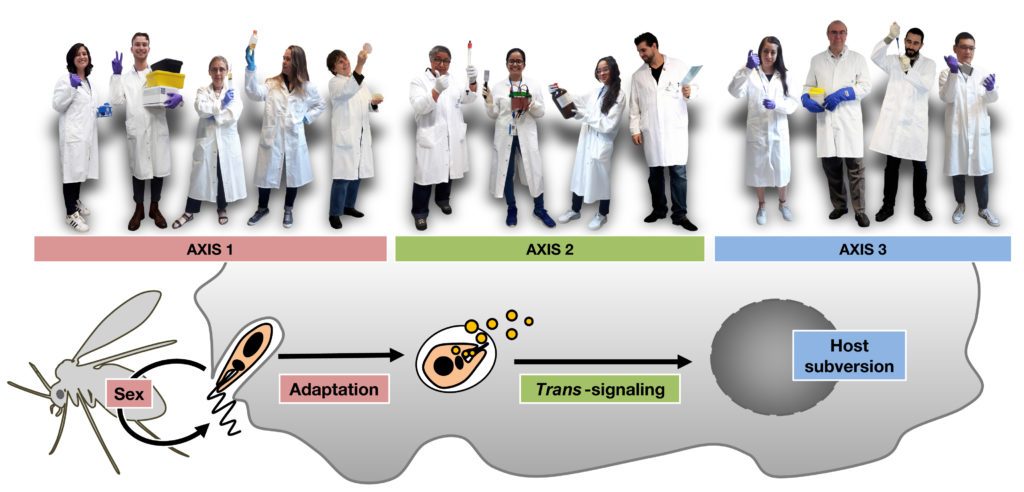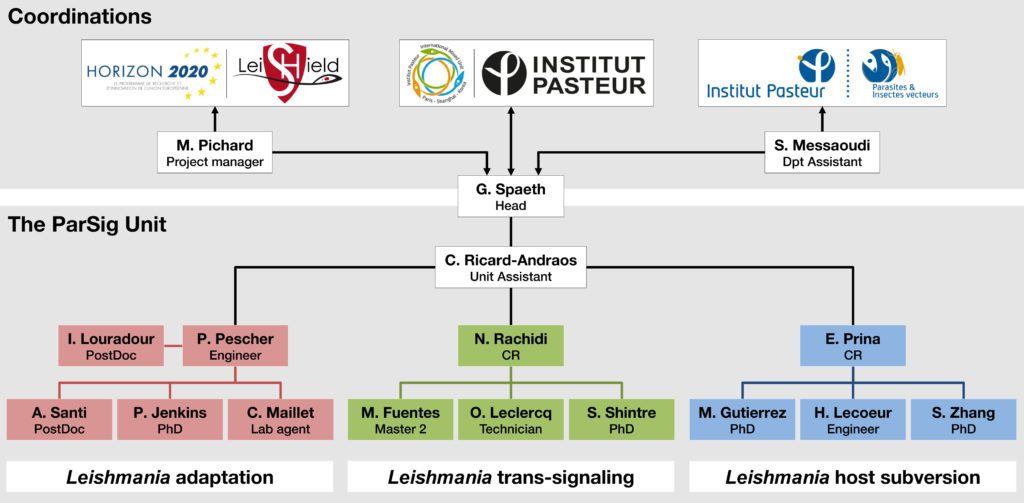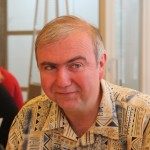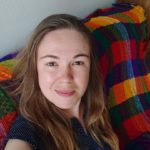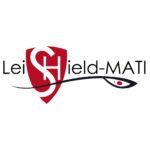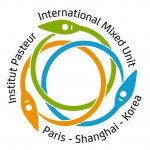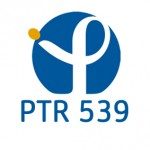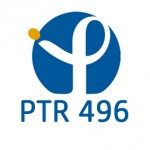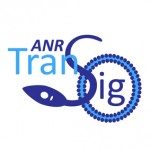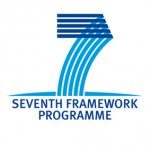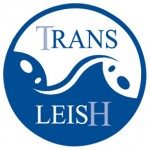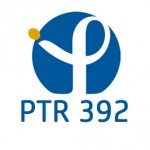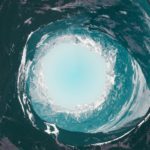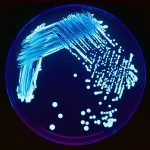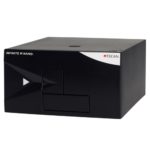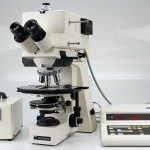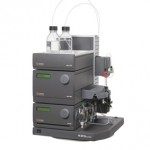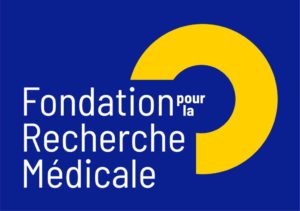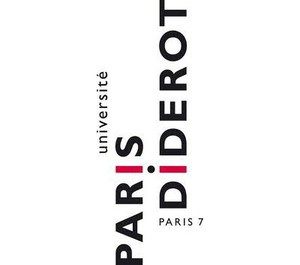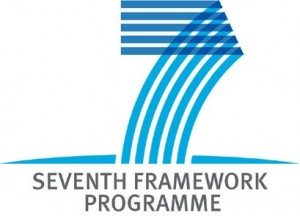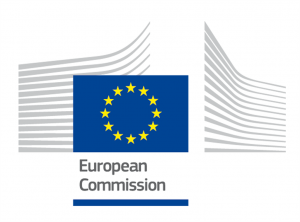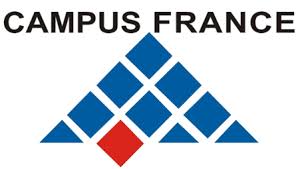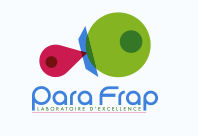Les interactions hôte/pathogène reposent sur une course co-évolutive constante entre des populations microbiennes génétiquement très diverses qui infectent des populations humaines ou animales tout aussi hétérogènes, avec des phénotypes évolutivement avantageux sélectionnés à la fois chez l’agent pathogène et l’hôte par le biais d’interactions génotype-génotype complexes. Le parasite protozoaire de Leishmania illustre parfaitement ce dialogue génétique, par des changements phénotypiques (de pathogénicité, de sensibilité aux médicaments ou de tropisme tissulaire) fréquemment observés dans les isolats de parasites récoltés sur le terrain, sélectionnés en fonction des interactions avec leurs divers hôtes vertébrés. Ceux-ci réagissent en retour par des réponses cliniques très diverses allant de l’infection asymptomatique à une immunopathologie fatale. Malgré l’importance de cette relation hôte/pathogène hautement dynamique dans le développement de la maladie et l’évolution du parasite, les mécanismes moléculaires sous-jacents et leurs conséquences physiologiques restent mal compris. Pour répondre à ces questions ouvertes, notre équipe a initié au cours des dernières années une transition thématique importante, de son travail passé sur l’analyse moléculaire de la signalisation parasitaire à son objectif actuel et futur : l’analyse de l’interaction Leishmania/macrophage au niveau des systèmes. Ce nouvel axe thématique anime les projets de trois sous-équipes, qui étudient respectivement (i) les mécanismes d’adaptation évolutive et de sélection phénotypique de Leishmania aux niveaux génomique, transcriptomique et traductionnel en culture, chez l’animal (phlébotome et hamster) et lors d’infections cliniques (Axe 1), (ii) comment Leishmania interfère dans les fonctions trans avec les macrophages par la libération exosomale de protéines de signalisation du parasite (Axe 2), et (iii) comment Leishmania détourne les fonctions immuno-métaboliques des macrophages aux niveaux épigénétique et transcriptionnel pour établir des conditions permissives à l’infection intracellulaire (Axe 3).
Groupes

Signalisation et interactions hôte-parasite

Membres

Anciens Membres
PostDocs: Suzanne Lamotte (2018 – 2019), Sima Drini (2016 – 2017), Penny Smirlis (2015 – 2017), Mathieu Cayla (2014 – 2015), Mariko Dacher (2012 -2014), Najma Rachidi (2011 – 2015), Wai-Lok Yau (2011 – 2012), Dirk Schmidt-Arras (2007 – 2010), Claire Forestier (2005 – 2008), Miguel Morales (2003 – 2011)
PhD students: Director/co-Director of thesis: Laura Piel (2015 – 2020), Daniel Martel (2015 – 2019), Suzanne Lamotte (2014 – 2018), Sima Drini (2012 – 2016), Mathieu Cayla (2010 – 2014), Mariko Dacher (2008 -2012), Wai-Lok Yau (2009 – 2012)
M2 students: Thibault Rosazza (2018/19), Marie Ajavon (2018), Candide Dossa (2018), Adrien Blisnick (2014), Franck Dumetz (2012), Amel Abdelkarim (2010)
Trainees: Ihcen Kheraci, IP Algers (RIIP* fellow, 3 months 2019); Rafik Garni (RIIP* fellow, 3 months 2019); Arezou Lari, IP Iran (RIIP fellow, 3 months 2019); Farideh Bahari, IP Iran (RIIP* fellow, 3 months 2019); Mariana Boté-Cortes, Fiocruz Brazil (RIIP* visiting fellow, 3 months in 2017); Kyungwa Baek, IP Korea (RIIP fellow, 3 months, 2017); Kossiwa Kokou, IPShanghai (RIIP fellow, 3 months 2016); Evi Gouzelou, Hellenic Pasteur Institute (RIIP trainee, 4 months, 2015); Penny Smirlis, Hellenic Pasteur Institute (EU COST fellow, 1 month, 2015); Joo Hwan No, IP Korea (RIIP fellow, 1 month, 2014); Aymen Bali, (RIIP visiting fellow, 4 months, 2014); Penny Smirlis, Hellenic Pasteur Institute (RIIP trainee, 4 months, 2013); Grace Tewkesbury, Duke University (summer intern Pasteur Foundation, 2 months, 2013); Naouel Eddaikra, IP Alger (RIIP trainee, 1 month, 2013); Monica Gardner, IP Montevideo (RIIP trainee, 2 months, 2012); Sofia Horjales, IP Montevideo (RIIP trainee, 1 month, 2012); Stewart Pine, Harvard University (summer intern, 2 months, 2012); Samin Houshyar, MIT (summer intern, 2 months, 2011); Analia Lima, IP Montevideo (RIIP trainee, 3 months, 2011); Juan-Roman Luque-Ortega, CSIC Madrid (EMBO fellow, 2010); Sylvane Murta, Fiocruz Brazil, (RIIP fellow, 4 months, 2010); Nathalie Joli (summer intern, 1 month, 2010); Najiha Bilal Farooqi (International Fellow, Aga Khan University Medical College, Karachi, Pakistan, 2 months, 2010); Fatma Guerfali, IP Tunis (RIIP trainee, 3 months in 2009); Tahereh Taheri, IP Iran (RIIP trainee, 3 months, 2008), Elahe Davarpanah, IP Iran (RIIP trainee, 3 months in 2022), Ikram Maatallah, IP Morocco (RIIP trainee, 3 months in 2022), Elham Gholami (RIIP trainee, 2 1/2 months, 2023); Yasaman Thaslimi (RIIP trainee, 2 months, 2023, Kahlil Hebbachi ((RIIP trainee, 1 month, 2023); Kamel Benallal ((RIIP trainee, 2 months, 2023)
Projets
Projet Transversal
Équipements
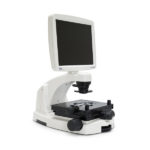
Cell Imaging System • Life Technologies • EVOS® XL Imaging System
Contact: pascale.pescher@pasteur.fr

Automated Liquid Handling • PerkinElmer • Zephyr Compact Liquid Handling Workstation
Contact: eric.prina@pasteur.fr
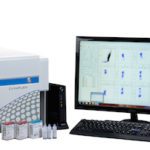
Flow cytometer • Beckman Coulter Life Sciences • Cytoflex S (B2Y4) MPL
Contact: najma.rachidi@pasteur.fr

High Performance Electrophoresis • SERVA Electrophoresis • HPE™ FlatTop Tower
Contact: olivier.leclercq@pasteur.fr
Financements
Publications
Télécharger-
2025Pharmacophore-guided optimization of the hit compound CTN1122 in the design of promising imidazo[1,2-a]pyrazine derivatives targeting the casein kinase 1 for antileishmanial therapy., RSC Med Chem 2025 Jun; (): .
-
2025Investigating the C2 Modulation of the Imidazo[1,2-a]pyrazine-Based Hit Compound CTN1122: Synthesis, in vitro Antileishmanial Activity, Cytotoxicity and Casein Kinase 1 Inhibition., ChemMedChem 2025 Mar; 20(6): e202400862.
-
2025Gene deletion as a possible strategy adopted by New World Leishmania infantum to maximize geographic dispersion., PLoS Pathog 2025 Mar; 21(3): e1012938.
-
2024Genomic and epidemiological evidence for the emergence of a L. infantum/L. donovani hybrid with unusual epidemiology in northern Italy., mBio 2024 Jun; (): e0099524.
-
2023Intracellular persistence of Leishmania tarentolae in primary canine macrophage cells., Acta Trop 2023 Jul; 243(): 106935.
-
2023Leishmania allelic selection during experimental sand fly infection correlates with mutational signatures of oxidative DNA damage., Proc Natl Acad Sci U S A 2023 Mar; 120(10): e2220828120.
-
2023Amphotericin B resistance correlates with increased fitness in vitro and in vivo in Leishmania (Mundinia) martiniquensis., Front Microbiol 2023 ; 14(): 1156061.
-
2022Trifloxystrobin blocks the growth of Theileria parasites and is a promising drug to treat Buparvaquone resistance., Commun Biol 2022 Nov; 5(1): 1253.
-
2022Retrospective Analysis of Leishmaniasis in Sicily (Italy) from 2013 to 2021: One-Health Impact and Future Control Strategies., Microorganisms 2022 Aug; 10(9): .
-
2022Effects of Structurally Different HDAC Inhibitors against Trypanosoma cruzi, Leishmania, and Schistosoma mansoni., ACS Infect Dis 2022 Jul; 8(7): 1356-1366.
-
+Voir la liste complète de publications
Lab axis
Contact
- Phone: +33 1 40 61 38 58
- Email: gerald.spaeth@pasteur.fr
- Address: 25 – 28 Rue du Docteur Roux, 75015 Paris, France

